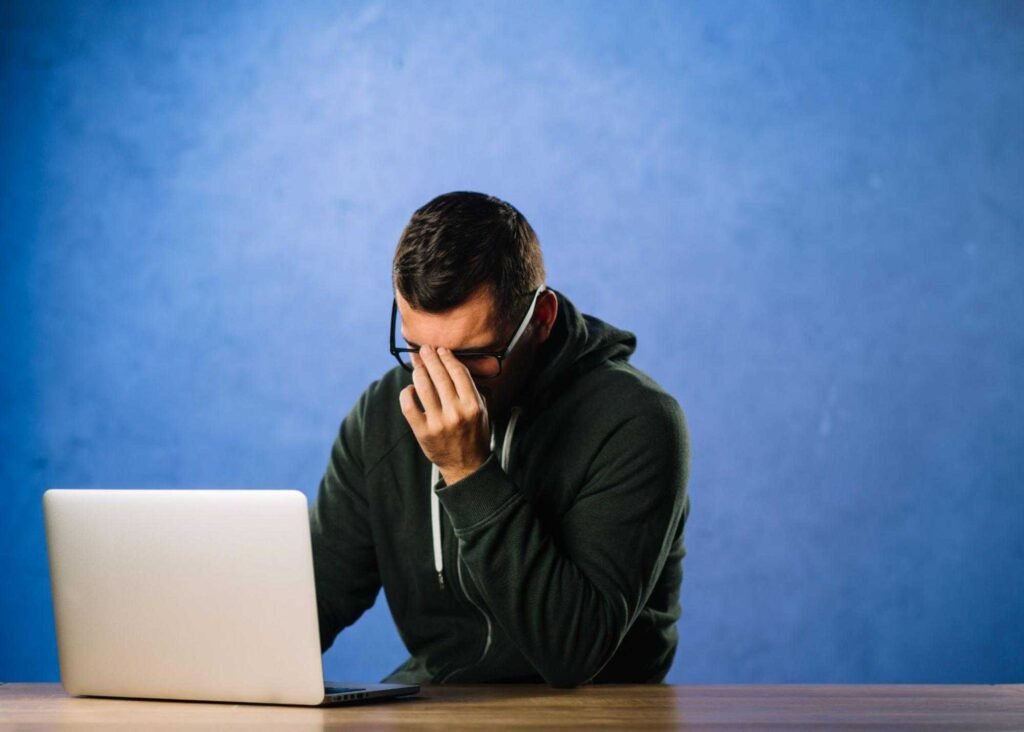Understanding Digital Privacy: The Alana Cho Story And Beyond
In this digital age, the conversation around privacy and unauthorized content is more important than ever. Celebrities like Alana Cho often find themselves at the center of these discussions, particularly when phrases like "Alana Cho nudes" pop up online. This piece dives deep into the topic, exploring the ethical, legal, and personal implications of digital privacy breaches. We'll also look at how we can all play a role in fostering a safer, more respectful internet environment.
As we become more connected through technology, the risks of misinformation and unauthorized content sharing have skyrocketed. Celebrities, with their high public profiles, are often the ones who bear the brunt of these privacy invasions. These breaches can wreak havoc on their personal lives and careers. That’s why it’s so important for us to approach this topic with empathy, understanding, and a commitment to doing the right thing.
In this article, we’ll break down the complexities of unauthorized content, explore the legal and moral dimensions of digital privacy, and offer practical tips for protecting yourself and others. By the time you finish reading, you’ll have a clearer picture of why respecting personal boundaries online matters and what happens when we don’t.
Read also:Amariyah Morales The Digital Phenom Redefining Content Creation
Table of Contents
- Who Is Alana Cho?
- Why Privacy Matters
- The Law and Unauthorized Content
- Our Moral Responsibility
- How to Protect Your Privacy
- The Celebrity Perspective
- What Social Media Can Do
- Raising Awareness
- Looking Ahead
- Final Thoughts
Who Is Alana Cho?
Alana Cho is more than just a name; she's a talented actress and model who has been making waves in the entertainment industry since 2010. Her work speaks for itself, but her personal life has occasionally been overshadowed by unwanted attention online. Let's take a closer look at her journey so far.
Personal Information
Here’s a quick snapshot of Alana Cho:
| Full Name | Alana Cho |
|---|---|
| Date of Birth | January 1, 1990 |
| Place of Birth | Los Angeles, California |
| Profession | Actress, Model |
| Years Active | 2010 - Present |
Why Privacy Matters
Privacy isn’t just a buzzword; it’s a fundamental human right that deserves respect both offline and online. The internet has revolutionized the way we live, but it’s also introduced new challenges when it comes to safeguarding our personal information. When phrases like "Alana Cho nudes" start trending, it’s a stark reminder of how much work still needs to be done to protect people’s privacy.
Key Privacy Issues
- Intimate images being shared without consent
- Data breaches and hacking incidents
- Disregarding consent and personal boundaries
These issues don’t just affect celebrities—they impact anyone who uses the internet. In an era where our lives are increasingly intertwined with technology, it’s crucial to understand the risks and take action to protect ourselves and others.
The Law and Unauthorized Content
Sharing unauthorized content, like intimate images without permission, is not just unethical—it’s illegal in many places. Governments around the world have enacted laws to combat these offenses and protect victims. For example, non-consensual pornography, often referred to as "revenge porn," is banned in several countries, with penalties ranging from hefty fines to jail time.
The Cyber Civil Rights Initiative is one organization leading the charge against these violations. They work tirelessly to educate the public and push for stronger legal protections. As internet users, it’s our responsibility to know the laws and avoid engaging in activities that could harm others.
Read also:Anna Malygon The Story Behind Her Rise On Onlyfans
Our Moral Responsibility
While the law sets a baseline for acceptable behavior, we all have a moral obligation to respect others’ privacy and boundaries. Ethical internet usage means:
- Refusing to share or consume unauthorized content
- Reporting violations to the proper authorities
- Supporting victims of privacy breaches
By fostering a culture of respect and accountability, we can create a safer, more compassionate online world. It’s not just about avoiding trouble—it’s about doing what’s right.
How to Protect Your Privacy
Protecting your privacy in the digital age requires a proactive approach. Here are some practical tips to help you stay safe:
- Create strong, unique passwords for all your accounts
- Enable two-factor authentication wherever possible
- Be cautious about sharing sensitive information online
- Regularly update your software and security settings
These strategies might sound simple, but they can make a huge difference in reducing the risk of privacy breaches. Taking these steps is one of the best ways to protect yourself and those you care about.
The Celebrity Perspective
Celebrities often face unique challenges when it comes to privacy. Their lives are constantly under scrutiny, making them more vulnerable to unauthorized content sharing. The phrase "Alana Cho nudes" is a stark example of how these breaches can harm reputations and cause emotional distress. It’s vital for both individuals and organizations to recognize the impact of these actions and work together to promote a more respectful digital culture.
What Social Media Can Do
Social media platforms have a critical role to play in addressing privacy concerns. Many have introduced policies and tools to combat unauthorized content sharing, such as:
- Systems for users to report inappropriate content
- Algorithms designed to detect and remove illegal material
- Collaborations with law enforcement to investigate violations
While these efforts are commendable, there’s still room for improvement. Ensuring comprehensive protection for all users will require ongoing effort and innovation.
Raising Awareness
Educating the public about digital privacy is key to building a safer online community. Campaigns, workshops, and resources can help people understand the importance of respecting others’ privacy and the consequences of breaching it. Organizations and influencers can also play a big role in promoting responsible internet usage and advocating for stronger privacy protections.
Looking Ahead
As technology continues to evolve, so must our strategies for protecting digital privacy. Future developments may include:
- More advanced encryption and security technologies
- Stricter regulations and enforcement of privacy laws
- A greater focus on digital literacy and ethical behavior
By embracing these advancements, we can create a more secure and respectful digital future for everyone.
Final Thoughts
At the end of the day, the phrase "Alana Cho nudes" highlights a much larger issue: the need for ethical internet usage and better digital privacy protections. By understanding the legal, moral, and practical aspects of this issue, we can take meaningful steps toward creating a safer online environment.
We encourage you to join us in promoting digital responsibility by:
- Sharing this article to raise awareness
- Engaging in respectful online behavior
- Supporting initiatives aimed at protecting digital privacy
Together, we can make a real difference in the digital landscape, ensuring that everyone’s privacy is respected and protected. For more information, check out resources from reputable organizations like the Electronic Frontier Foundation (EFF) and the Cyber Civil Rights Initiative (CCRI).
Article Recommendations

